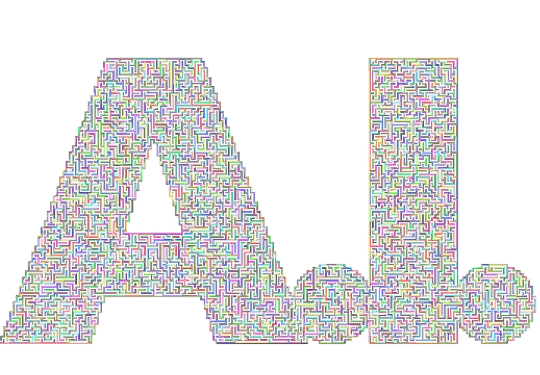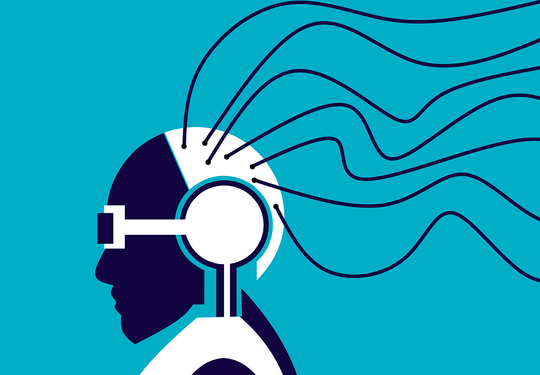As an avid follower of Artificial Intelligence development, I'm captivated by its potential to disrupt numerous industries. However, one area where its impact is particularly significant is in the labor market. AI's transformative capabilities raise both excitement and apprehension, especially concerning job displacement and shifts in employment dynamics.
One of the primary ways AI disrupts labor is through automation. AI-driven robots excel at repetitive tasks, boasting unmatched speed, accuracy, and consistency compared to humans. Industries such as manufacturing, logistics, and customer service are already witnessing substantial transformations as AI technologies replace human workers in predictable roles. While this enhances productivity and cost-efficiency for businesses, it also results in a decline in job opportunities within these sectors.
Moreover, AI's prowess in analyzing vast datasets and generating real-time insights presents challenges for certain professions. In finance, for instance, AI algorithms now execute trades, manage portfolios, and provide financial advice, potentially displacing traditional roles performed by analysts and advisors. Similarly, in healthcare, AI-powered diagnostic tools have the potential to revolutionize patient care but may also reduce the demand for certain medical positions.

The rise of AI also necessitates a shift in the skills required in the labor market. Jobs that involve tasks requiring emotional intelligence, creativity, critical thinking, and complex problem-solving are less susceptible to automation. Therefore, there is an increasing demand for workers who can collaborate with AI systems, interpret their outputs, and make strategic decisions based on AI-driven insights.

The future is here...
Industries AI Will Disrupt
Here, I listed areas artificial intelligence is expected to disrupt jobs.
Automation of Routine Tasks
No doubt, AI has the ability to perform repetitive and mundane tasks with speed and accuracy, and many times has shown to surpass human capabilities. Jobs that involve routine tasks, such as data entry, document processing, and customer service inquiries, are susceptible to automation by AI systems. As a result, workers in these roles may face displacement or the need to transition to new roles that require more complex skills.
Business Processes
AI enables organizations to streamline and optimize their business processes through data-driven insights and predictive analytics. Jobs related to manual data analysis, report generation, and decision-making may evolve as AI systems take on tasks such as data processing, trend analysis, and forecasting. Workers in these roles may need to develop new skills in data science, analytics, and AI to remain relevant in the evolving workplace.
Manufacturing and Production
In industries such as manufacturing and production, AI-driven robotics and automation technologies are revolutionizing traditional workflows and production lines. Jobs that involve manual labor or assembly line tasks are increasingly being performed by AI-powered robots and machines. While this automation improves efficiency and reduces costs for businesses, it also leads to job displacement for workers in these industries.
Healthcare
In the healthcare sector, AI is transforming the way medical diagnosis, treatment planning, and patient care are delivered. AI algorithms can analyze medical images, interpret diagnostic tests, and assist healthcare professionals in making more accurate and timely diagnoses. While AI enhances efficiency and accuracy in healthcare delivery, it also raises questions about the future role of healthcare workers and the need for training in AI-related technologies.
Transportation and Logistics
The advent of autonomous vehicles and drones powered by AI technologies is reshaping the transportation and logistics industry. Jobs related to driving, delivery, and logistics management may be disrupted as autonomous vehicles and drones become more prevalent. While AI-driven transportation technologies offer the potential for improved safety and efficiency, they also raise concerns about job displacement and the need for retraining workers in new roles.
Despite the potential for job disruption, AI also creates new opportunities for employment and entrepreneurship. The growing demand for AI engineers, data scientists, machine learning specialists, and AI ethicists reflects the need for skilled professionals who can design, develop, and govern AI systems responsibly. Additionally, AI-driven innovation is expected to stimulate job growth in emerging fields such as robotics, natural language processing, and virtual reality.
Subscribe to our newsletter
Subscribe our newsletter to get weekly updates.
